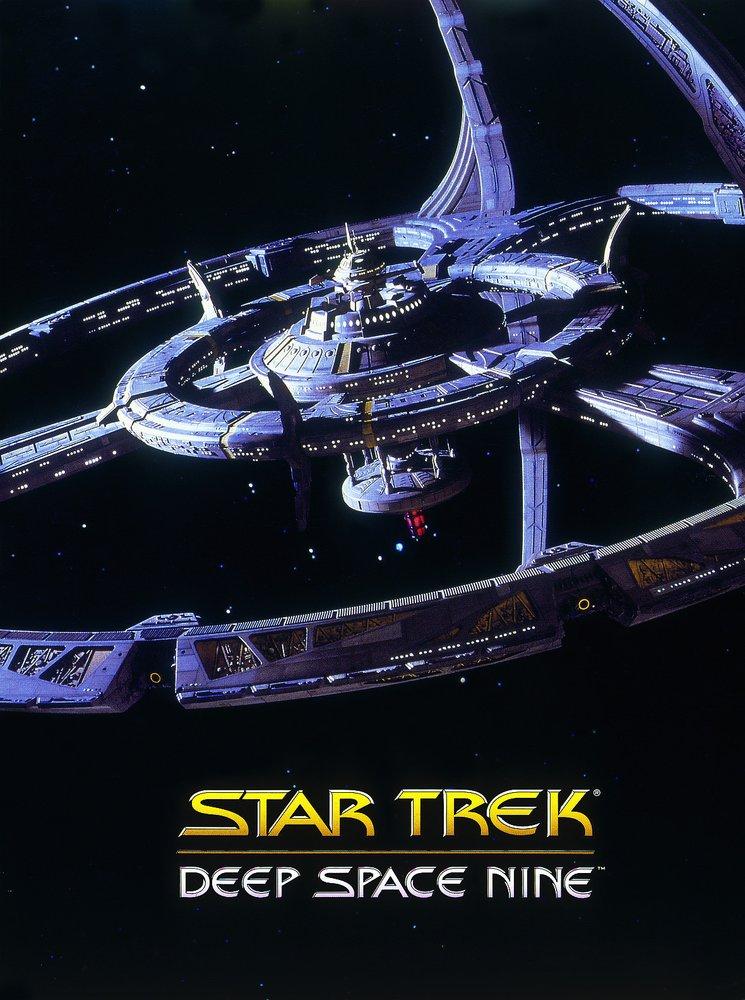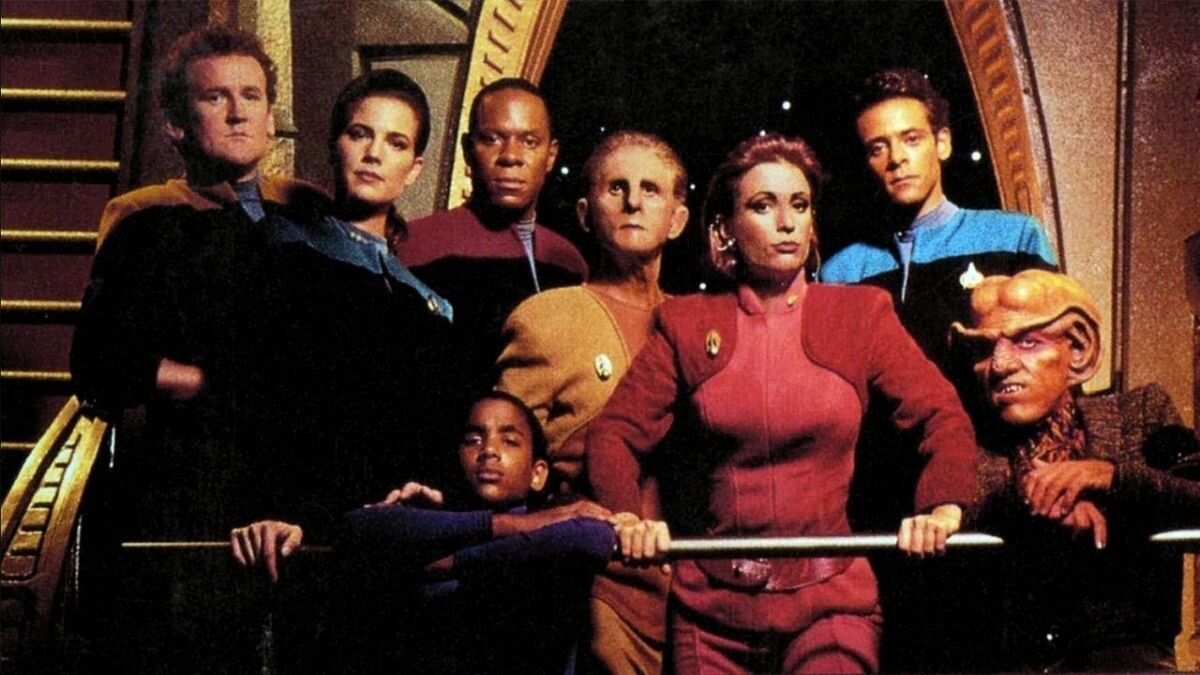Let me explain.
As anyone who is a serious Trek enthusiast will tell you, Roddenberry himself always described his original series as a "wagon train to the stars." While I could nitpick those sentiments a bit here and there, I'd agree that, largely, James Kirk and company went boldly where no man had gone before in that vein. Each week, Starfleet's best and brightest went somewhere else, met new people, espoused new messages, and then packed up their troubles in the various coda's before warping off somewhere else next time. What I've always thought most endearing about those original adventures is that they indeed took audiences on flights of fancy to places wherein things weren't always coming up roses, if you understand the meaning of that phrase. Space was wild and unpredictable, and these various other planets housed species who didn't always see the universe the same way we did. Naturally, this different points-of-view made for some wonderful drama -- just how would these people come together, resolve conflicts, and learn how to either work together or keep their distances -- and I think that's why the show continues even to this day to inspire folks who find it decades after its launch.
Star Trek: The Next Generation -- fundamentally -- followed this formula as constructed by Roddenberry and Paramount. Oh, one could argue that the storytellers did a bit more with it. They certainly showed that the galaxy had progressed a bit, that the Federation had effectively 'colonized' space to a respectable degree, and that maybe there was still a bit for us Earthlings to learn about the dangers waiting for us in true exploration. Still, a lot of the original's sense of mortal danger was lessened to a degree: we'd advanced to the point wherein death -- it seemed -- was a fairly rare occurrence, and the stories reflected the cultural sensibilities of the 1980's (in which the show was produced), casting its officers more as 'managers' than they were 'pioneers' of Kirk's day. But TNG was TOS's child, and it functioned largely in that same corporate mold ... though I'll admit that they kinda/sorta 'missed the boat' in that the program rarely had the original's trinity perspective. In fact, anything remotely Kirk-like was almost always a villain in the show's plethora of stories ... but I'll leave it at that now because what matters most is DS9 kinda/sorta righted that narrative blight.
... except it wasn't.
It was actually a return to form.
Think what you will, but the original Trek series didn't have the glossy veneer that The Next Generation imposed on its incarnation. If you remember, the Federation made more than its fair share of mistakes -- many of which played key to stories wherein the Enterprise was forced to clean things up a bit from the mess earlier officers and individuals had made -- and it was these conflicts that swung open the doors for exactly that trinity relationship between Kirk (the hero), Spock (the intellect), and Dr. McCoy (the passionate) to debate issue after issue. The original crew often found themselves in situations wherein they didn't agree with one another, and this forced them to spend the better part of 50 minutes attempting to achieve a solution. Those answers weren't always pretty, but they were probably about as effective as one might expect from television storytelling sensibilities.
Thankfully, Deep Space Nine brought crew disagreement back into the fold. These officers and civilians were forced to live under the same roof and face some incredible challenges ... domestic, scientific, and political. As the incredible run of 173 episodes unrolled, it was clear that -- like the Enterprise's original crew -- they weren't always going to agree. In fact, I think they had to 'agree-to-disagree' a bit too often -- it sadly became the program's fallback position all too often, if I'm being brutally honest -- but it made for some compelling moments, giving one of the most talented casts in all of Science Fiction and Fantasy programming some indelible material to explore.
So maybe they didn't exactly go where no man had gone before ... but they still did a damn fine job going where they did.
-- EZ



 RSS Feed
RSS Feed